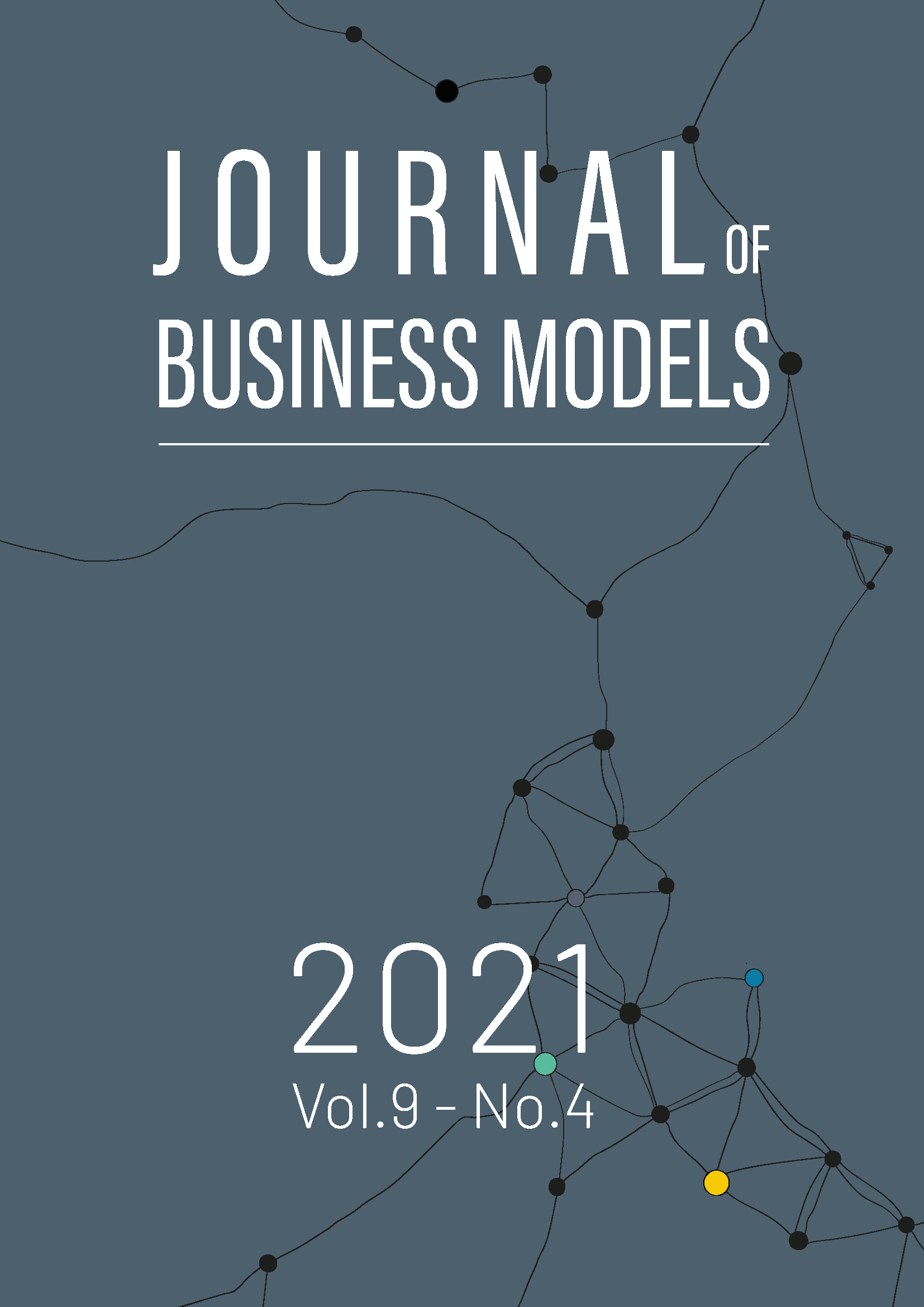Gaining trust advantage for the vaccination certificate platform
DOI:
https://doi.org/10.5278/jbm.v9i4.6580Abstract
Purpose: In the conventional international health and safety policy design the decision makers rarely think in terms of business models. As an example, the yellow paper-based vaccination certificates, initiated by the WHO already in 1969, have not changed very much since then. In 2020, the Covid-19 crisis accelerated innovation, particularly digitalization, in many sectors, and the sense of urgency to have a digital immunisation certificate was voiced by many governments, as well as corporations. The new solution must enable international interoperability, but it is a challenging task because the setup of health registries varies across countries, and also because the common actions have been hindered due to the lack of trust – the trust deficit.
Approach: In this article the case is discussed in the platform business model framework, and the role of trust in gaining competitive advantage – the trust advantage – in its fast and widespread adoption is particularly exemplified. The case was written in parallel with the actual development and piloting of the vaccination certificate platform, not ex post, as common in business model literature.
Findings: The solution that could be capable of overcoming the privacy and security concerns that have been brought up in the international discourse can be described as a decentralised multi-sided platform, which has a distributed management system. The platform’s standardisation would ease its global uptake, and the strategic partnerships with countries, organisations, and firms that are already considered trustworthy (possess trust credit) will have the opportunity to gain trust advantage.
Limitations: This paper is written having the managerial perspective in mind, hence, it does not go deeply into all technical and legal aspects affecting the implementation of the digital vaccination certificate platform.
Downloads
Published
Issue
Section
License
Articles published in Journal of Business Models follow the license Creative Commons Attribution-NonCommercial-NoDerivs 3.0 Unported (CC BY-NC-ND 3.0)
Authors retain copyright and grant the journal right of first publication with the work simultaneously licensed under a Creative Commons Attribution License: Attribution - NonCommercial - NoDerivs (by-nc-nd). Further information about Creative Commons


